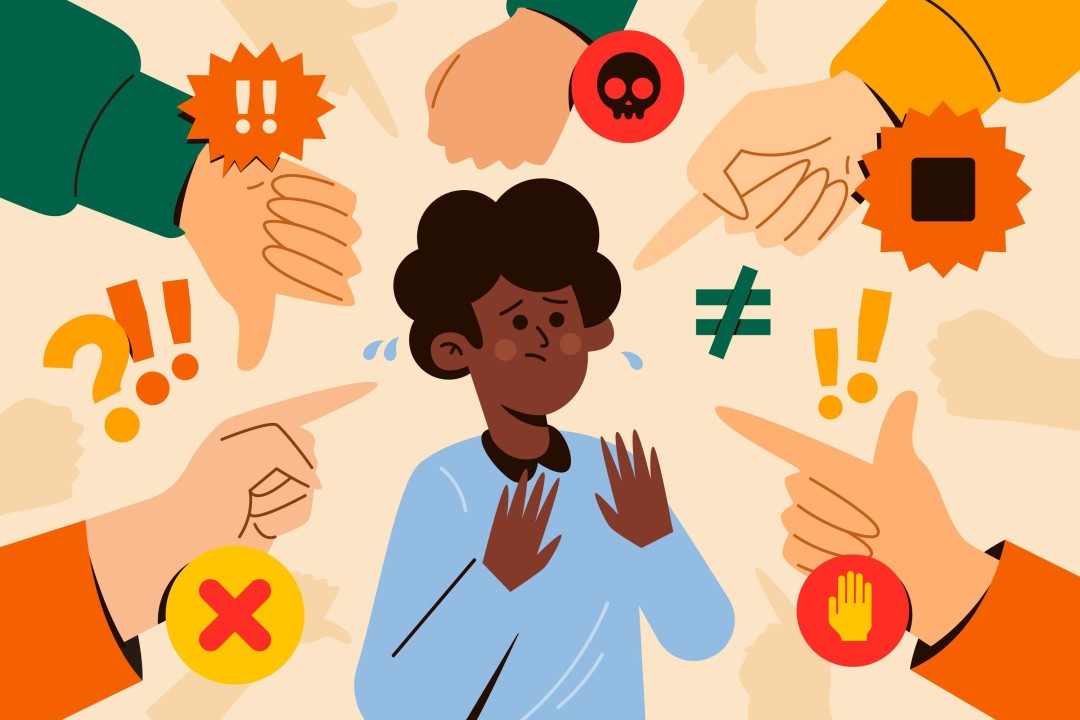What is bullying?

Bullying is defined as aggressive behaviour or intentional harm inflicted upon others, usually those who are perceived as weaker or less powerful. It often involves a power imbalance where the bully seeks to control or dominate the victim through physical, verbal, emotional, or psychological means. Bullying can take various forms, including teasing, name-calling, spreading rumours, physical violence, exclusion from social activities, and cyberbullying (using digital platforms to harass or intimidate).
Key elements of bullying include :
1. Intent to Harm : Bullying behaviour is deliberate and aimed at causing harm, whether physical or emotional, to the victim.
2. Repetition : Bullying often occurs repeatedly over time, rather than being an isolated incident.
3. Power Imbalance : The bully possesses greater physical strength, social status, or other forms of power that they use to exert control over the victim.
Victims of bullying often experience a range of severe and enduring consequences. These can include emotional distress, such as anxiety and depression, as well as a decrease in self-esteem leading to a lack of confidence in social interactions and academic pursuits. In extreme cases, bullying can even result in physical harm and, tragically, suicidal thoughts or actions. To effectively address bullying, it's essential to implement proactive measures such as educating students and staff about its impact, intervening in bullying situations, and fostering supportive environments that actively promote empathy, respect, and inclusivity. Creating a culture that values kindness and understanding is crucial in preventing and addressing the adverse effects of bullying.








